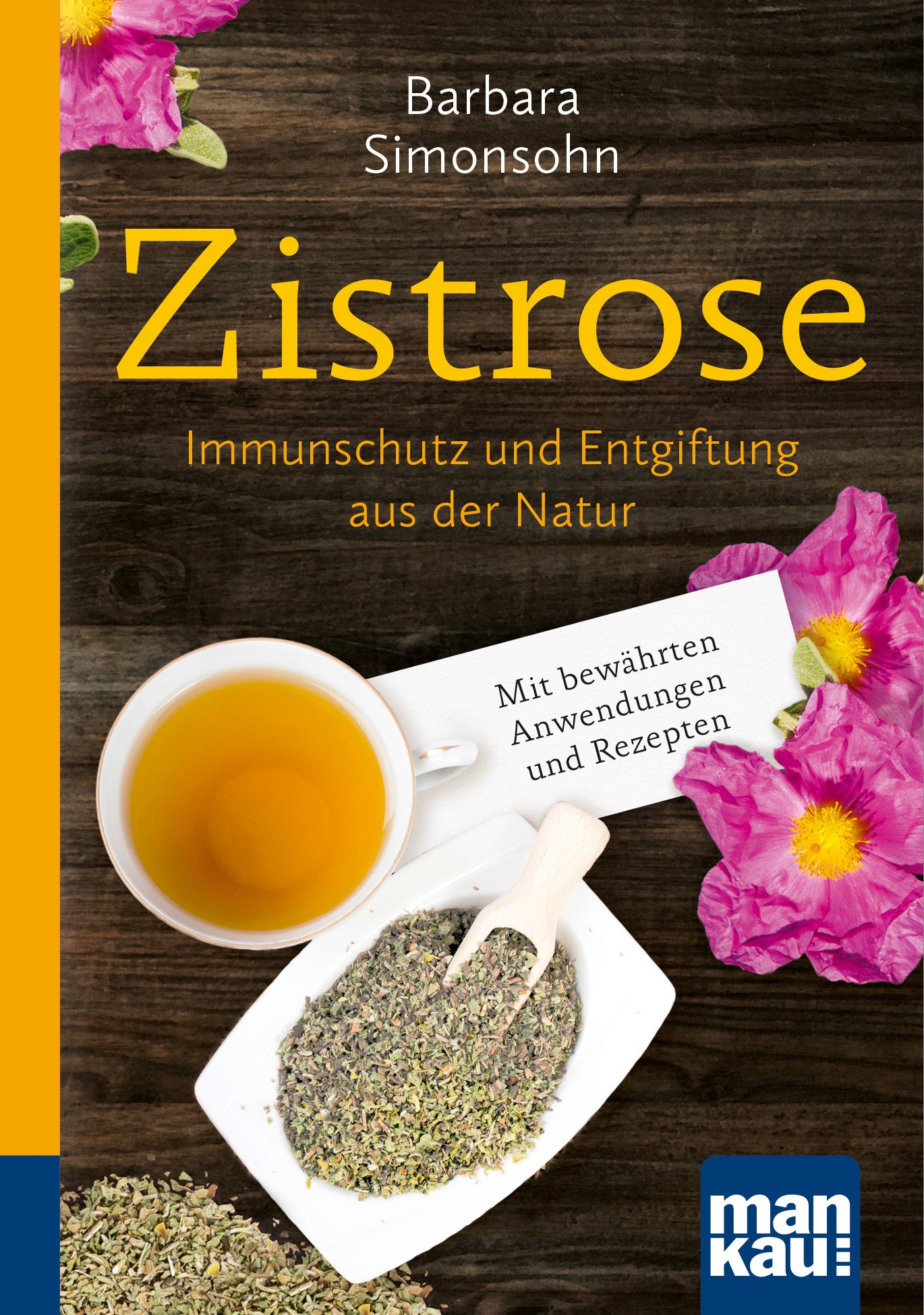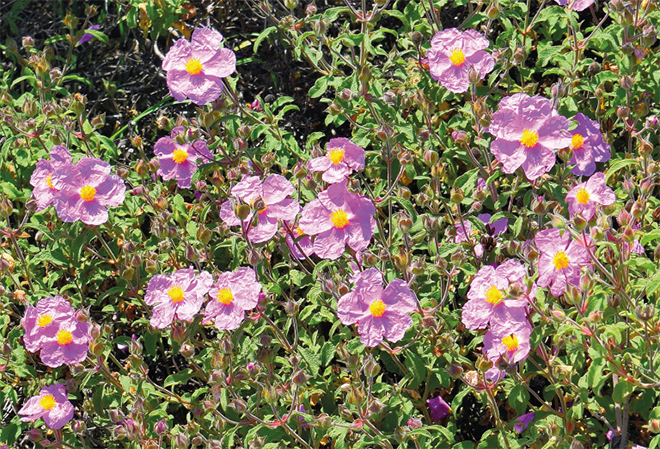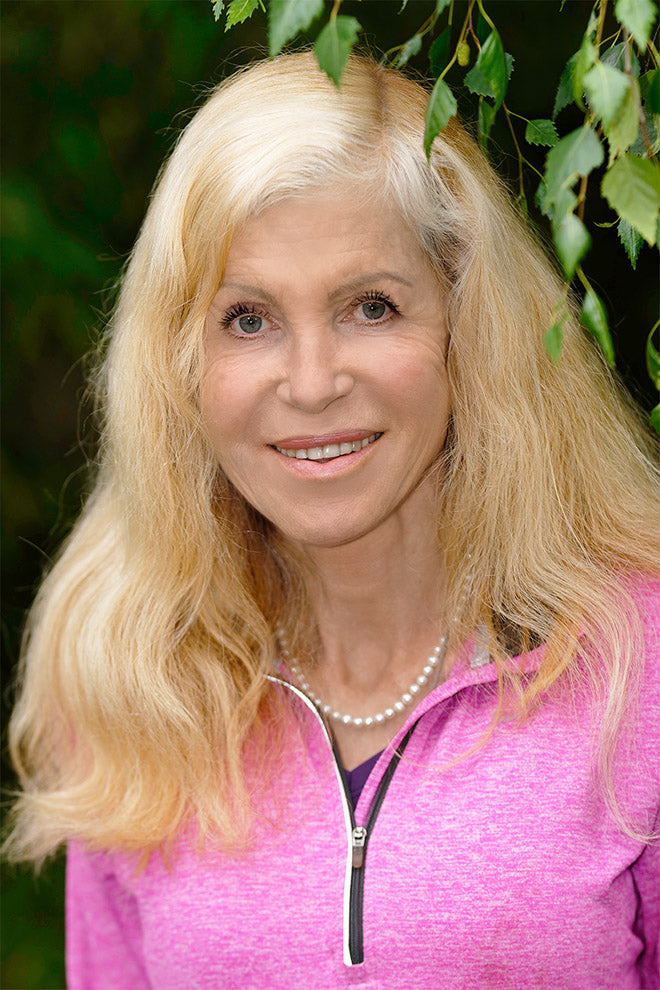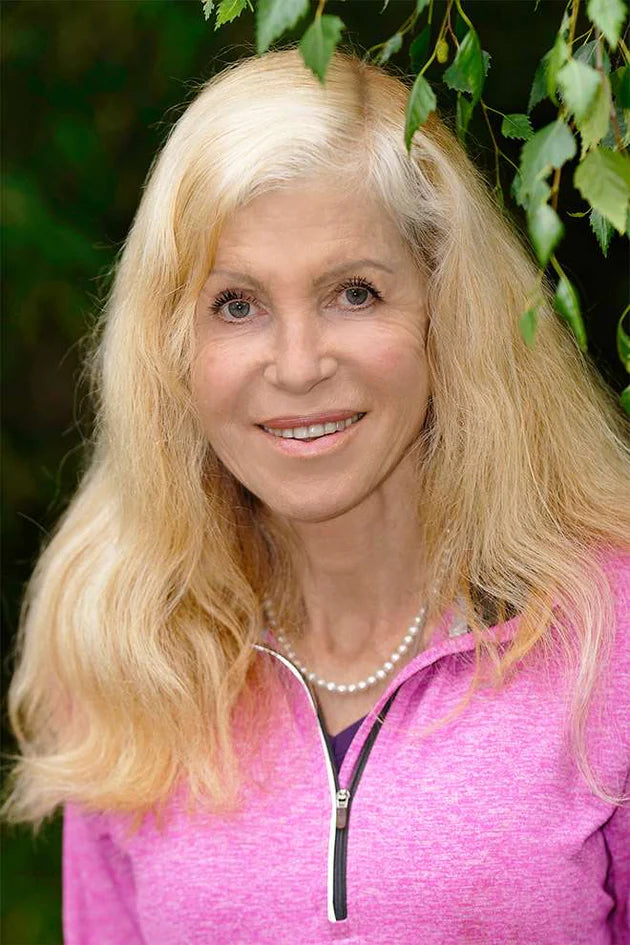
Interview with Warda Moram: “Those who immerse themselves in foreign worlds with fantasy develop a better view of the small wonders of our world”
Interview with Warda Moram: “Those who immerse themselves in foreign worlds with fantasy develop a better view of the small wonders of our world”
"I have always loved telling stories. ' Liber Bellorum ' is, roughly speaking, about breaking boundaries. Taking a look beyond the horizon and thereby expanding your own horizons. The story is for everyone who longs for a little more magic in their life, who wants to dream and puzzle. To take you to strange worlds and liven up the often grey and one-dimensional everyday life a little." Warda Moram , author of the three-part fantasy epic " Liber Bellorum ", talks in an interview about the first volume of the trilogy, about her inspiration and fantasy literature in general.
The first volume of the trilogy also opens Mankau Verlag's new fantasy program. How did this collaboration come about?
Warda Moram: By a happy coincidence, I would say. I have long wanted to be able to tell my stories to more people than just my closest friends. And as luck would have it, in 2020 of all times I finally found the time and, above all, the courage to devote myself intensively to the search for a publisher. After many rejections from large, established fantasy publishers, I was about to give up and try self-publishing. But then fate beckoned to me in the form of a newspaper clipping that a good friend sent me by email. At the same time, Mankau Verlag was looking for authors for the new fantasy label Julos (at the time still under the keyword "mankau:fiktion"). To say that I didn't have my initial doubts would be a lie. Especially after I initially received two rejections from Mankau Verlag. But in the end my persistence paid off. It worked out for exposé number three, and I'm really happy about it, because the seamless support and assistance from everyone involved was a really great experience. Here's to continued successful collaboration!
You studied literature. When did you start writing and what influences inspired your own work?
Warda Moram: I have always loved telling stories and using every medium available to me. I started writing when I was about 10 years old, and back then I was simply retelling stories that I liked - from books to films to video games. The "Liber Bellorum" comes from a time when I started to stop copying and start telling a new story. There is often a "trigger", a thought that everything is based on, but this does not necessarily have to have a specific source of inspiration, it can also come spontaneously and randomly. The story is usually given a certain "soundtrack" or other impressions that are closely related to the writing process, such as location, time of day or year. They all depend on each other a little and the line is very difficult to draw. As a "theme song" for Volume I of the Liber Bellorum, I can recommend "Welcome to Nothingness" by Eisbrecher . And for reading: 30 Seconds to Mars , Linkin Park and Evanescence , especially the albums up to about 2010, because that was the music that mostly accompanied me while writing.
Without giving away too much about the content – what is “Blood and Fire” about and which readers are you addressing with your story?
Warda Moram: “ Liber Bellorum I – Blood and Fire ” is, roughly speaking, about breaking boundaries. Taking a look beyond the horizon and expanding your own horizons. The story is for everyone who longs for a little more magic in their life, regardless of the classic “target groups”. I tell stories to inspire dreams and puzzles. To take you to strange worlds and to liven up the often grey and one-dimensional everyday life a little. Anyone who feels addressed by this is warmly invited to go on a journey with “Liber”. And anyone who doesn’t feel addressed – is also invited.
The fantasy genre is wrongly accused of not being "serious" literature. How do you as an author counter this prejudice, and what significance does fantasy have in your everyday life?
Warda Moram: Fantasy is a colorful genre that is closely related to fairy tales and legends. This makes it particularly well suited to telling stories for children and young people, and in recent times these children's and young adult books in particular have caused quite a stir. That's why you could easily make the false conclusion that it is rather "light fare." But just think of the great fantasy epics, such as "Lord of the Rings" and "Game of Thrones," which have also had such a big impact in the adult world that they are now told on every conceivable medium. If you then realise that many older versions of today's glittering Disney fairytale princesses are pretty dark horror stories (who remembers, for example, the story by the Brothers Grimm in which Cinderella's stepsisters mutilate their feet at their mother's insistence in order to fit into their shoes, and the pigeons peck out both of their eyes as punishment?), you quickly realise that fantasy can also be "serious" literature. I personally like this genre particularly because it sets no limits to the imagination, as the saying goes, and because it also reminds us of childhood stories. In childhood, everything was new and magical. But if, as an adult, you still talk to butterflies or see wild dragons in the clouds, you usually get critical looks. But I can only recommend that everyone keep or rediscover a little of their childish imagination. Because then the usually grey everyday life immediately looks much more colourful, and you tend to develop an eye for the natural wonders of our world; from the fleeting beauty of a delicate snowflake to the (seemingly) timeless fascination of our universe.
The “Academy of Lunaris” is a school for magicians – I immediately think of Hogwarts, Harry Potter’s school of wizardry. Are there any similarities here?
Warda Moram: The comparison seems obvious when you consider that the book was written at a time when the Harry Potter films were just being released and the hype was particularly big. But if you think that JK Rowling's popular story inspired me to create my own version of a magic school, I'm afraid I have to disappoint you - and admit to a significant gap in my education at this point. To date, I have not read a single Harry Potter book or seen any of the films (apart from a few individual scenes). Therefore, I cannot go into the similarities and differences in detail; I leave that to the readers who feel called upon to make such a comparison. Especially given my background in literary studies, I find such discussions absolutely interesting and would like to encourage everyone to engage with the text in this way.
Warda Moram is not the name on your birth certificate. Why did you decide to write under a pseudonym?
Warda Moram: There are several reasons for that. On the one hand, my real name doesn't look particularly good on a book cover. On the other hand, I'm a very introverted person, and the anonymity that comes with a pseudonym is what makes this step into the public eye possible. And to anticipate the next question: Yes, the name has a meaning. Literally, it means something like "guardian of the moor," and even though I can't or don't want to describe the full meaning here, it helped me find my way and realize my dream.
So that fans of your trilogy can delve even deeper into the fantastic worlds, there is also a separate blog . What can fantasy fans and those who want to become fantasy fans expect here?
Warda Moram: This and that and a bit of everything. We're planning artwork, a glossary with definitions and background information, anecdotes and recommendations, a Q/A and much more. We'll see what it actually turns out to be when the time comes. Ultimately, the blog is just another chapter in the story. And I don't want to know too much about how it ends at the beginning. Seeing how everything develops on its own is exactly what's exciting about it.
Book tip:
Warda Moram: Liber Bellorum. Volume I: Blood and Fire . Mankau Verlag 2021, paperback, 13.5 x 21.5 cm, 340 pages, 17.95 euros (D) / 18.50 euros (A), ISBN 978-3-86374-623-0.
Link recommendations:
More information about the book “Liber Bellorum I: Blood and Fire”
To the reading sample in PDF format
More about author Warda Moram
To the blog www.liber-bellorum.de
Our social networks – for questions, criticism, suggestions











